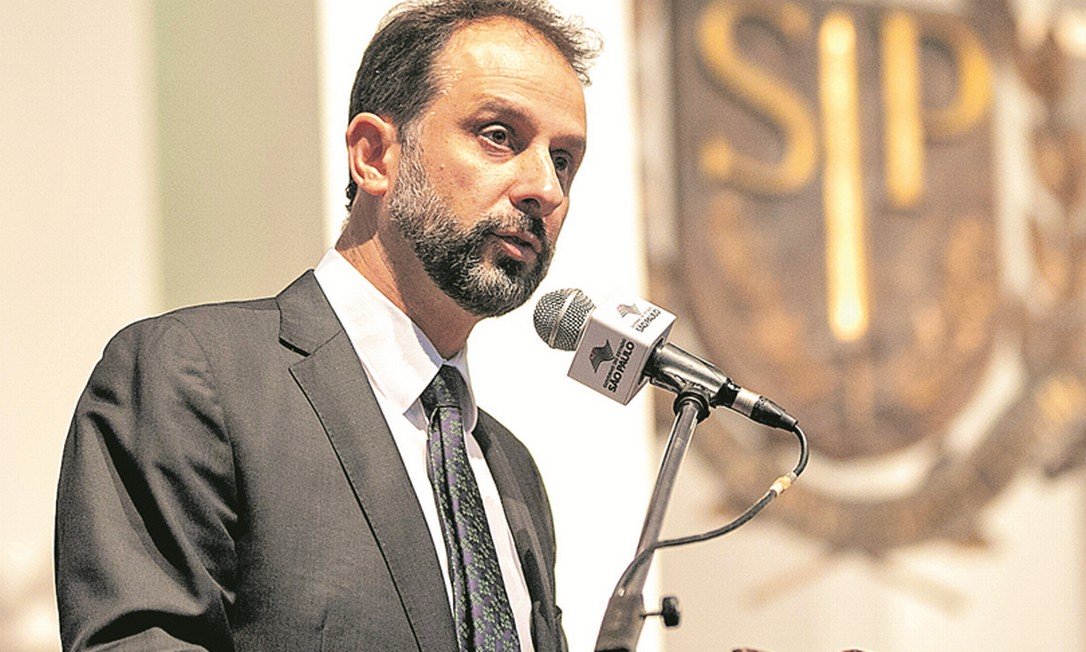RIO DE JANEIRO, BRAZIL – The State of Rio has an accumulated debt of R$118 billion (US$29.5 billion) to the federal government, as reported by the State Treasury Secretary, Luiz Cláudio Rodrigues de Carvalho, during a public hearing of the Budget and Tax Committees of the Legislative Assembly of Rio de Janeiro (ALERJ) on August 20th.
The debt exceeds the 200 percent threshold over net revenue allowed under the Fiscal Responsibility Law (LRF).
The secretary said that the state has 263 percent of its budget compromised and reducing this percentage is the government’s greatest concern. The state will not be sanctioned as it is under the Tax Recovery Scheme until 2022.
“Today the debt is suspended. Rio de Janeiro is paying neither the amortized principal nor the interest on the debt. To solve this, we have two options. One is to reduce the debt, and this implies the payment of these loans, and the other is to increase the state’s revenues.”
“To do this, the state’s economy needs to grow, we need to have more tax revenues and royalties so that this account is rebalanced,” said Carvalho.

According to the secretary, the debt with the Union has been renegotiated through 2049. “However, this extension does not apply to the whole debt. We are still in discussions so that other parts may also be renegotiated,” said the Secretary of Finance.
The president of the ALERJ Tax Committee, deputy Luiz Paulo (PSDB), said the inclusion of debt in the amount of R$13 billion made by the National Treasury must be reconsidered in a way that imposes an obligation on the state.
“If corrected for current value, this debt could reach R$20 billion. This number needs to be removed from the debt. It was imposed by the treasury and is not real. Furthermore, an extension of debt payment for another two decades is required.”
“If we do not adopt this measure, it is better to close the state’s doors because in 2023 — when the Fiscal Recovery Regime ends — we will pay around R$20 billion for debt service alone. This is an extremely dramatic situation and one of the key issues of our problem,” said the deputy.
The State Treasury Office provided data for the first four months of 2019 and showed the balance between Rio’s revenues and expenses. The president of the Budget Committee, deputy Rodrigo Amorim (PSL), said that “the Executive has done its homework.”
“There is a certain stability in the accounts, the result of a policy of austerity and spending containment. But we cannot forget that it is still necessary to increase Rio de Janeiro’s revenue collection potential. We left the meeting with the announcement that Rio did not incur debts and is managing to keep this balance, which is very good.”
“But we are still a long way from being able to pay the debts and we need to revise the amount of interest and the schedule of disbursements for the payment of the deficit,” he said.

